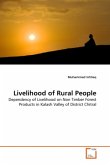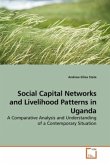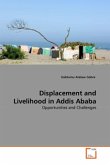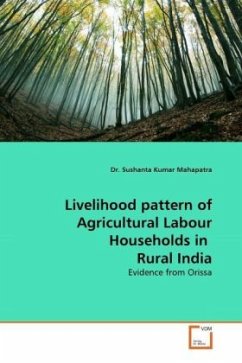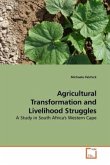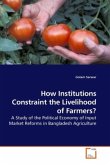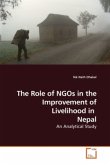Agriculture and livestock rearing are the major livelihood earning activities of many people of Trans-Himalayan villages of Nepal, which are not possible without relying on the availability of and the accessibility to Common-Pool Resources (CPRs) such as forest, water and pastureland. Villagers need forest for pastureland and fodder for their livestock, firewood for their household use, humus, litter, and compost for the agriculture. Some villagers collect tree leaves to construct the roof of their house. Villagers need water for irrigation and drinking purposes. Thus, it is found that villagers are absolutely relying on CPRs for their agriculture and livestock activities. However, at present, the CPRs are being managed by Annapurna Conservation Area Project (ACAP), which previously were being managed by villagers themselves. Even though ACAP has done some important development and awareness programmes such as construction of trail, water reservoir, drinking water pipe distribution, help to construct fences for the agriculture fields; villagers are not satisfied with ACAP mainly because it does not distribute poorji (a permission letter to cut the timber from the forest) in time.
Bitte wählen Sie Ihr Anliegen aus.
Rechnungen
Retourenschein anfordern
Bestellstatus
Storno


